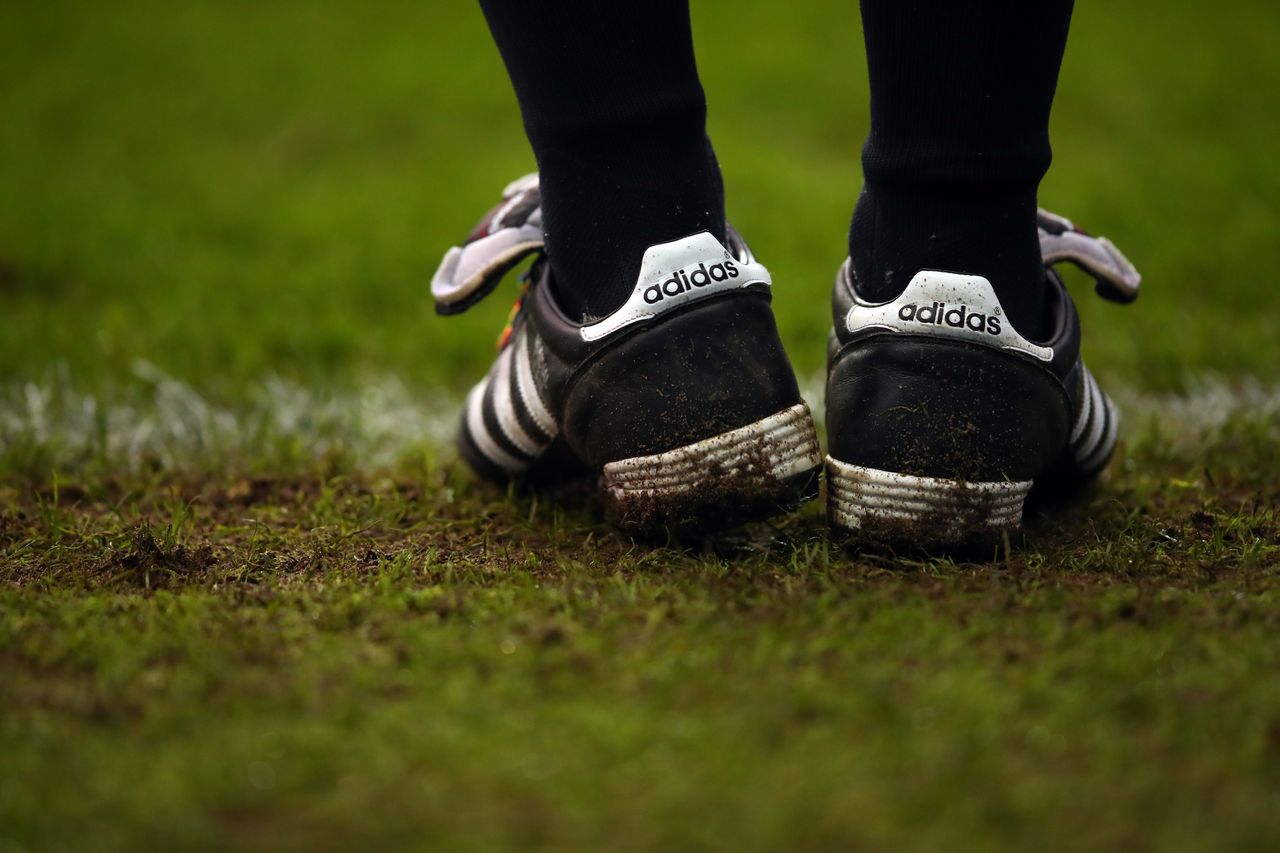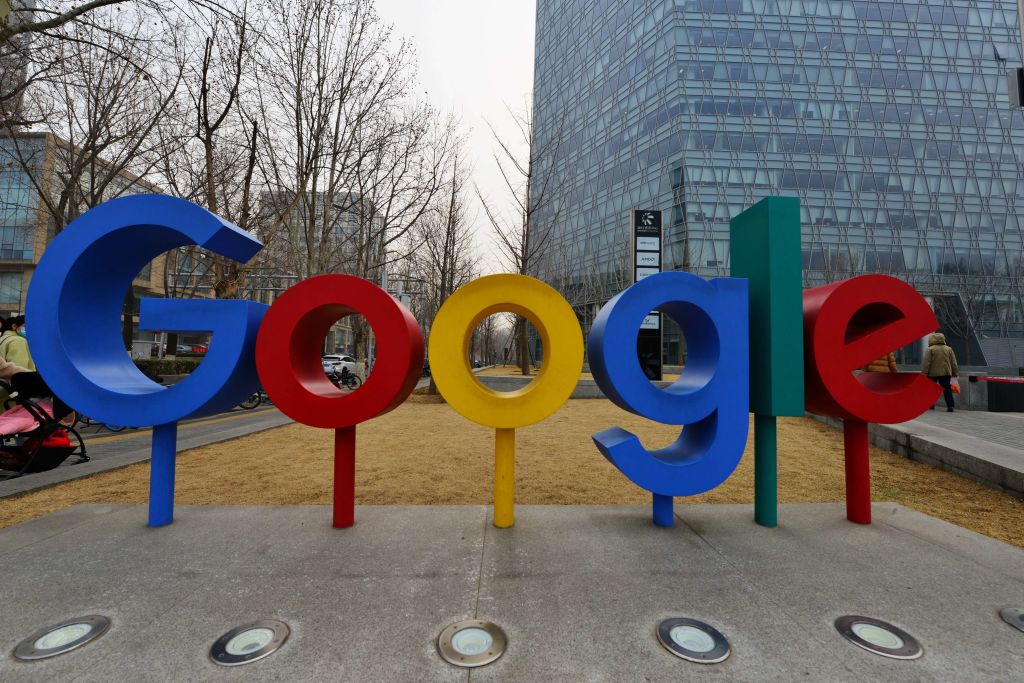Adidas might sell its struggling Reebok brand, potentially taking advantage of the strength of athletic goods, which have been a bright spot in apparel during the Covid-19 crisis.
On Monday, Adidas (ticker: ADDYY) said it was reviewing Reebok’s future, which could include a sale. The news comes ahead of the company’s five-year blueprint, which it is set to present in March, although the German athletic giant said it could ultimately decide to keep the brand.
Adidas purchased Reebok for $3.6 billion (A$4.76 billion) in 2006, as it looked to extend its reach in the U.S. But the process wasn’t a smooth one, and Adidas Chief Executive Kasper Rørsted announced a turnaround plan for Reebok shortly after he took the helm in 2016. On the one hand, that has been a success in that Reebok once again became profitable, two years ahead of schedule, and last year increased U.S. sales by double digits.
In another sense, though, Reebok remains a weak point in Adidas’s portfolio. It has lagged behind during the pandemic, with third-quarter sales falling 12.3%, nearly double the flagship brand’s 6.7% decline. Some analysts estimate that Reebok could sell for as little as $2.3 billion (A$3.04 billion), well under what Adidas paid for it.
While many investors have called on Adidas to divest itself of the brand before, now could be a particularly auspicious time for such a move. The pandemic has decimated demand for clothing and accessories in general, as people work and learn at home, but athleisure has bucked that trend.
Companies such as Nike (NKE) and Lululemon Athletica (LULU) have seen sales shrink much less dramatically than peers this year, and have been rewarded with rallies of 34.5% and 52%, respectively. Partner and third-party retailers, including Foot Locker (FL) and Nordstrom (JWN), have highlighted strength in fitness categories, as well, in recent earnings reports.
Athleisure isn’t a new trend, but consumers’ renewed focus on health and comfort during Covid has been a major tailwind. That has led for renewed calls for other companies to sell their outperforming fitness-focused labels, such as Gap’s (GPS) Athleta, although Gap said it plans to hold on to the brand.
That means that if Adidas were to sell Reebok in the near future, it could fetch a higher price, especially if it can continue to show improvement throughout the holiday season.
That would be welcome news for the stock. Compared with Nike and Lululemon, Adidas hasn’t done as well. Its American depositary receipts are up just over 7% year to date, and the European shares have been laggards.
 Copyright 2020, Dow Jones & Company, Inc. All Rights Reserved Worldwide. LEARN MORE
Copyright 2020, Dow Jones & Company, Inc. All Rights Reserved Worldwide. LEARN MORE
What a quarter-million dollars gets you in the western capital.
Alexandre de Betak and his wife are focusing on their most personal project yet.
CIOs can take steps now to reduce risks associated with today’s IT landscape
As tech leaders race to bring Windows systems back online after Friday’s software update by cybersecurity company CrowdStrike crashed around 8.5 million machines worldwide, experts share with CIO Journal their takeaways for preparing for the next major information technology outage.
Be familiar with how vendors develop, test and release their software
IT leaders should hold vendors deeply integrated within IT systems, such as CrowdStrike , to a “very high standard” of development, release quality and assurance, said Neil MacDonald , a Gartner vice president.
“Any security vendor has a responsibility to do extensive regression testing on all versions of Windows before an update is rolled out,” he said.
That involves asking existing vendors to explain how they write software, what testing they do and whether customers may choose how quickly to roll out an update.
“Incidents like this remind all of us in the CIO community of the importance of ensuring availability, reliability and security by prioritizing guardrails such as deployment and testing procedures and practices,” said Amy Farrow, chief information officer of IT automation and security company Infoblox.
Re-evaluate how your firm accepts software updates from ‘trusted’ vendors
While automatically accepting software updates has become the norm—and a recommended security practice—the CrowdStrike outage is a reminder to take a pause, some CIOs said.
“We still should be doing the full testing of packages and upgrades and new features,” said Paul Davis, a field chief information security officer at software development platform maker JFrog . undefined undefined Though it’s not feasible to test every update, especially for as many as hundreds of software vendors, Davis said he makes it a priority to test software patches according to their potential severity and size.
Automation, and maybe even artificial intelligence-based IT tools, can help.
“Humans are not very good at catching errors in thousands of lines of code,” said Jack Hidary, chief executive of AI and quantum company SandboxAQ. “We need AI trained to look for the interdependence of new software updates with the existing stack of software.”
Develop a disaster recovery plan
An incident rendering Windows computers unusable is similar to a natural disaster with systems knocked offline, said Gartner’s MacDonald. That’s why businesses should consider natural disaster recovery plans for maintaining the resiliency of their operations.
One way to do that is to set up a “clean room,” or an environment isolated from other systems, to use to bring critical systems back online, according to Chirag Mehta, a cybersecurity analyst at Constellation Research.
Businesses should also hold tabletop exercises to simulate risk scenarios, including IT outages and potential cyber threats, Mehta said.
Companies that back up data regularly were likely less impacted by the CrowdStrike outage, according to Victor Zyamzin, chief business officer of security company Qrator Labs. “Another suggestion for companies, and we’ve been saying that again and again for decades, is that you should have some backup procedure applied, running and regularly tested,” he said.
Review vendor and insurance contracts
For any vendor with a significant impact on company operations , MacDonald said companies can review their contracts and look for clauses indicating the vendors must provide reliable and stable software.
“That’s where you may have an advantage to say, if an update causes an outage, is there a clause in the contract that would cover that?” he said.
If it doesn’t, tech leaders can aim to negotiate a discount serving as a form of compensation at renewal time, MacDonald added.
The outage also highlights the importance of insurance in providing companies with bottom-line protection against cyber risks, said Peter Halprin, a partner with law firm Haynes Boone focused on cyber insurance.
This coverage can include protection against business income losses, such as those associated with an outage, whether caused by the insured company or a service provider, Halprin said.
Weigh the advantages and disadvantages of the various platforms
The CrowdStrike update affected only devices running Microsoft Windows-based systems , prompting fresh questions over whether enterprises should rely on Windows computers.
CrowdStrike runs on Windows devices through access to the kernel, the part of an operating system containing a computer’s core functions. That’s not the same for Apple ’s Mac operating system and Linux, which don’t allow the same level of access, said Mehta.
Some businesses have converted to Chromebooks , simple laptops developed by Alphabet -owned Google that run on the Chrome operating system . “Not all of them require deeper access to things,” Mehta said. “What are you doing on your laptop that actually requires Windows?”















